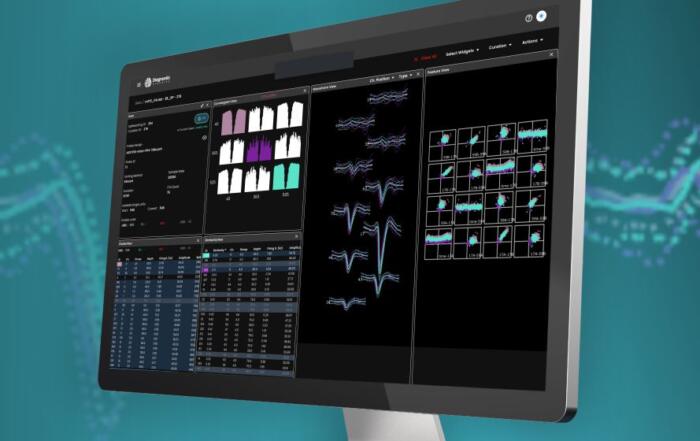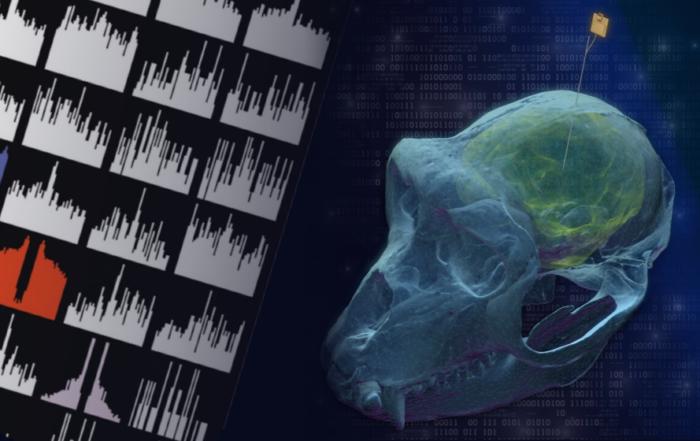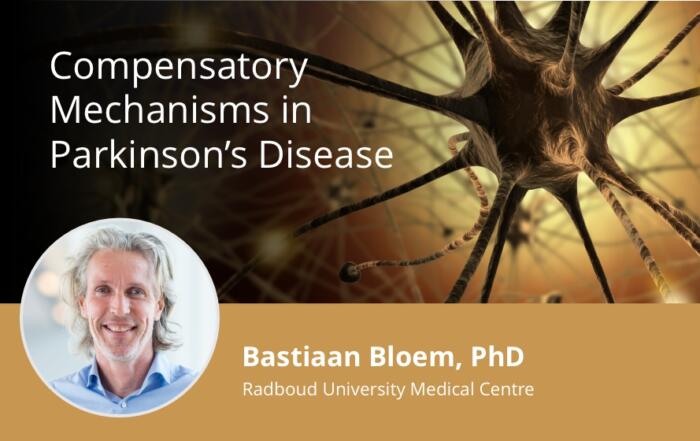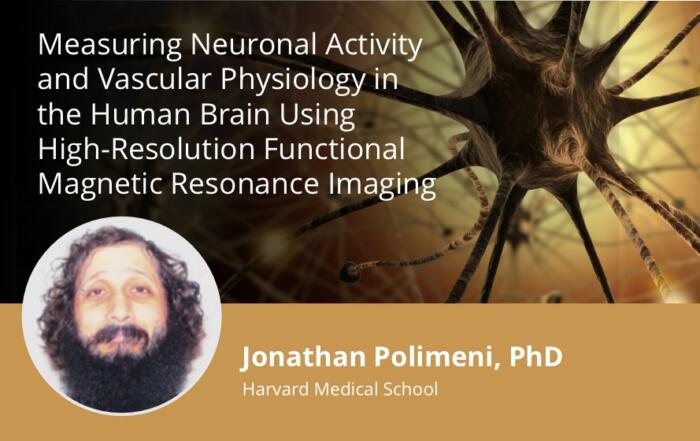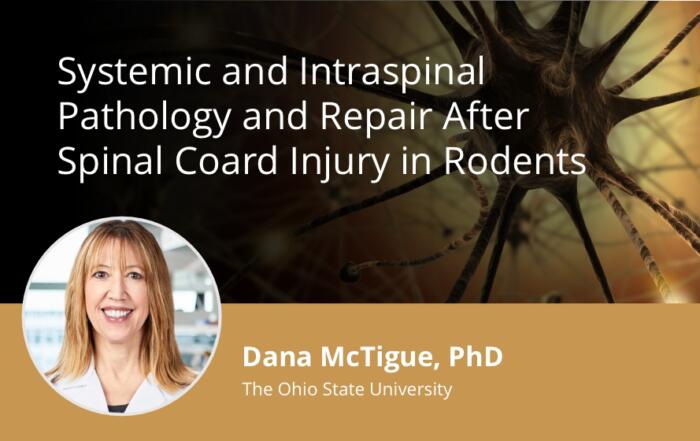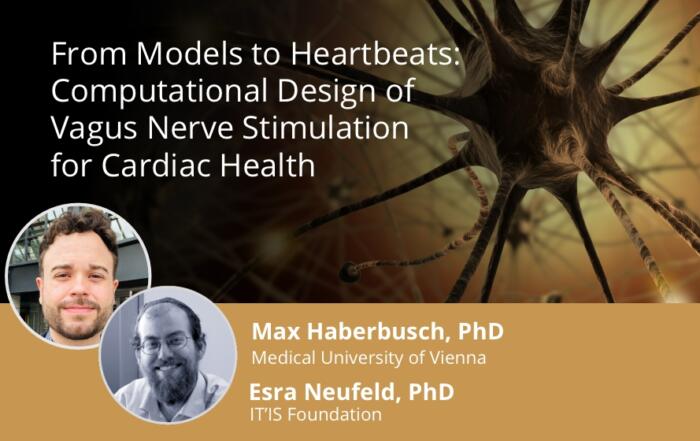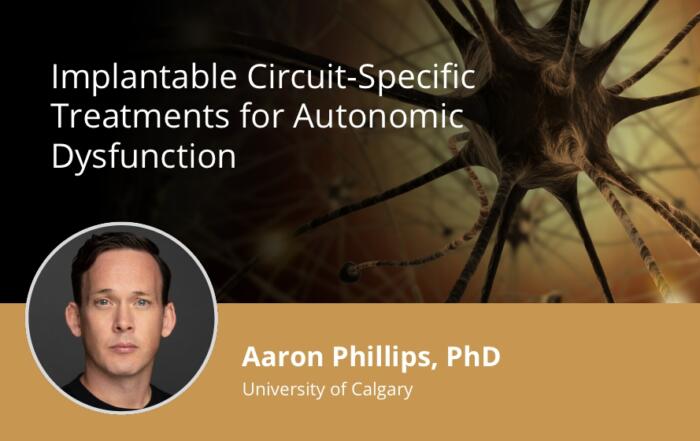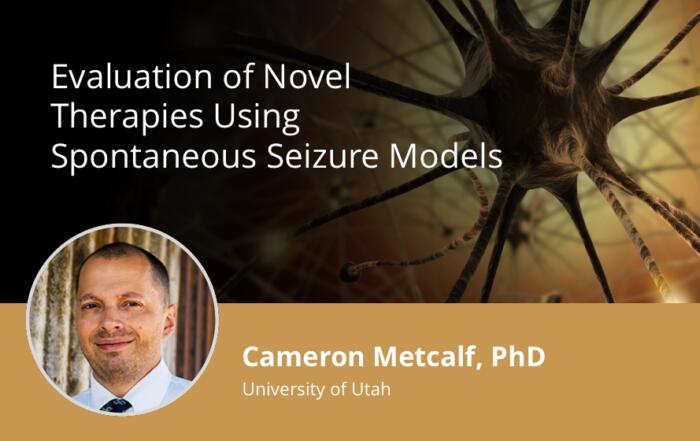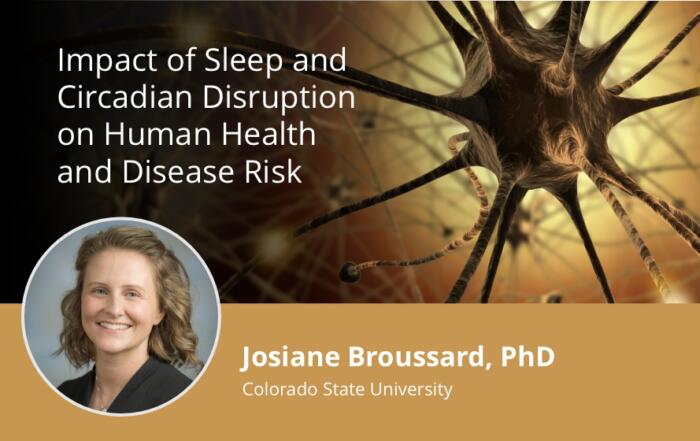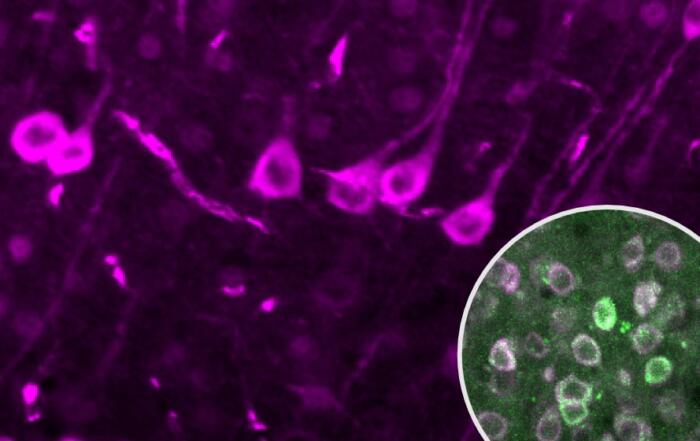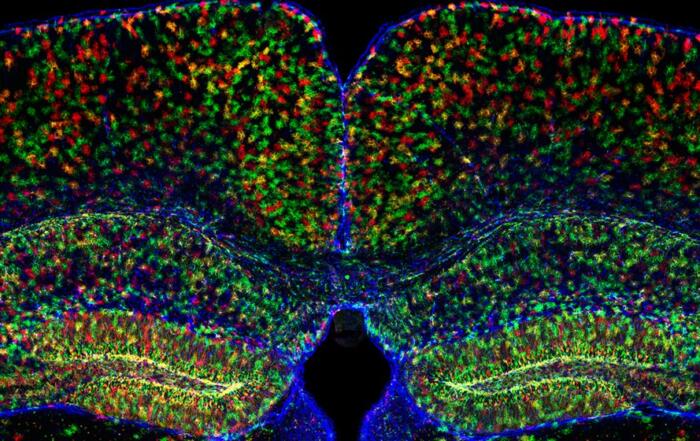In this webinar, Drs. Kari Hoffman, André Bastos, and Thilo Womelsdorf present their research on the neurophysiological basis of learning, cognition, and sensory processing, including attention and connectivity between brain regions in non-human primates.
Understanding the neural basis of primate cognition involves measuring interactions with the environment and dissecting both local microcircuit dynamics and long-range cortical interactions. In the first portion of this webinar, Dr. Hoffman discusses this challenge and how it led to the use of Deep Array probes for wireless recordings, enabling identification of layer-specific oscillatory currents and monitoring of neural circuit characteristics during learning processes over time.
Dr. Bastos then delves into the neuronal processing of different cognitive and sensory states. The ideal neurophysiological approach should enable access to activity across interconnected brain regions, yet traditional methods often limit researchers to a few areas for specific tasks, restricting their grasp of network contributions to neural computations. Recent MaDeLaNe (Multi-Area, high-Density, Laminar Neurophysiology) approaches have expanded capabilities, allowing recordings from entire networks with high resolution as alert animals engage in tasks; the Bastos Lab uses MaDeLaNe to investigate modulation of visual processing across the cortical hierarchy.
In the final portion of the webinar, Dr. Womelsdorf illustrates inter-areal correlations and direction of information flow using dense laminar sampling of spiking activity in non-human primates performing attentional shifting tasks. These advancements open a versatile window into network-wide neuronal interactions underlying higher cognitive functions, particularly in exploring how the prefrontal cortex connects dynamically to other brain regions.
Presenters
Associate Professor of Psychological Sciences
Vanderbilt University
Assistant Professor of Psychology
Psychological Sciences
Vanderbilt University
Professor of Psychology
Attention Circuits Control lab
Vanderbilt University




